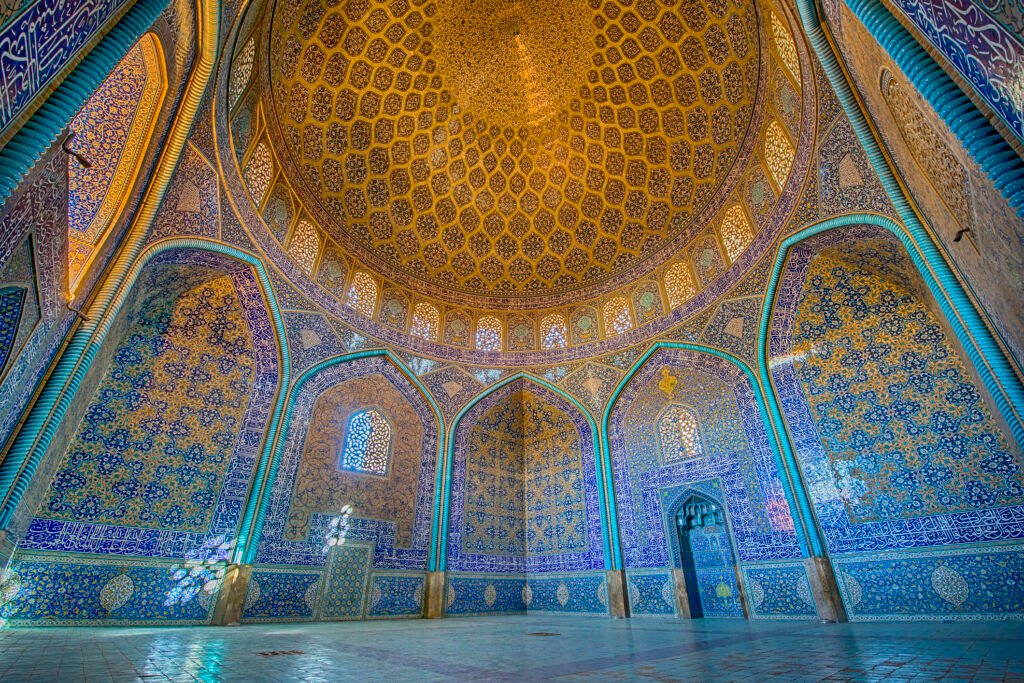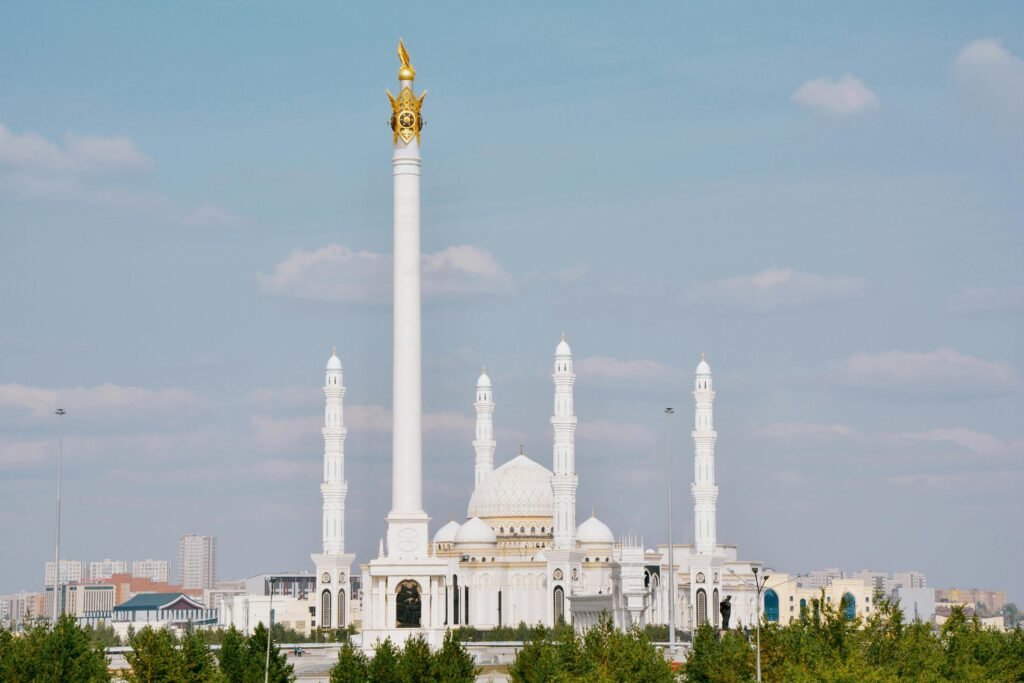Islamic Religion: A Deep Dive into the Five Pillars

In an ever-evolving world, Islamic News continues to capture the hearts and minds of millions, shining a spotlight on the rich spiritual, cultural, and historical essence of Islam. This comprehensive article aims to illuminate the fundamental foundations of the Islamic religion, unravel its sacred pillars, and explore its profound legacy, both ancient and modern. Welcome to your ultimate source of Islamic Information.
What Is Islam? Understanding the Islamic Religion
Islam, a monotheistic faith embraced by over a billion adherents worldwide, means “submission” or “surrender” to the One Divine Being, Allah. At its core, Islam is not merely a religion but a holistic way of life, embodying spiritual devotion, ethical conduct, and social justice.
The Islamic religion is anchored on a divine message revealed through the Prophet Muhammad (peace be upon him), whose teachings are enshrined in the Qur’an — the unaltered and final scripture. The divine narrative blends sublime spirituality with pragmatic governance, guiding personal morality and communal harmony.
Islamic History: Tracing the Path of Faith
The journey of Islamic History begins in the early 7th century CE with the prophetic mission of Muhammad in the Arabian Peninsula. His revelations catalyzed the formation of a vibrant civilization founded on the principles of Tawhid (the oneness of God), justice, and compassion.
Significant epochs in Islamic History include:
- The Hijra (migration) in 622 CE marked the establishment of the Muslim community in Medina and the inception of the Islamic Hijri calendar.
- The Rashidun Caliphate, a golden age of leadership, expansion, and jurisprudential development.
- The flourishing of arts, sciences, and philosophy during the Abbasid era.
- The Ottoman Empire’s centuries-long influence across three continents.
The Islamic Hijri Calendar and Islamic New Year
The Islamic Hijri calendar is a lunar-based system, commencing from the Prophet Muhammad’s historic migration from Mecca to Medina — the Hijra. Unlike the Gregorian solar calendar, the Hijri calendar consists of 12 lunar months, making the Islamic year approximately 10 to 12 days shorter.
The Islamic New Year, or Hijri New Year, heralds the beginning of this sacred calendar. It serves as a solemn moment for reflection on faith, perseverance, and renewal of spiritual commitment. Though devoid of flamboyant celebrations, the day resonates deeply with believers worldwide, echoing centuries of resilient devotion.
What Is Eid? Celebrations That Unite the Ummah
In the tapestry of Islamic observances, Eid stands out as an emblem of joy, gratitude, and communal unity. There are two major Eids in the Islamic calendar:
- Eid al-Fitr — the Festival of Breaking the Fast, which marks the end of Ramadan, the holy month of fasting (Roza).
- Eid al-Adha — the Festival of Sacrifice, commemorating Prophet Ibrahim’s willingness to surrender his son in obedience to Allah.
These occasions transcend ritualistic observance; they rekindle the bonds of fraternity, compassion, and spiritual renewal across the global Muslim community.
Roza and Salah: The Pillars of Devotion
Central to the Islamic faith are acts of worship that cultivate discipline and connect believers with the Divine. Two such cardinal practices are Roza and Salah.
Roza (Fasting)
Fasting during the month of Ramadan is an intense spiritual discipline. From dawn to sunset, Muslims abstain from food, drink, and other physical needs, fostering self-purification and empathy for the deprived. This sacred fast nurtures profound patience, gratitude, and closeness to Allah.
Salah (Prayer)
Prayer, or Salah, is the most intimate dialogue between the worshiper and Allah. Muslims perform five daily prayers at dawn, midday, mid-afternoon, sunset, and night. These moments punctuate the day with spiritual mindfulness, reminding believers of their purpose and reinforcing communal cohesion.
The Five Pillars Islamic Religion : The Framework of Faith
At the heart of Islam lies the Five Pillars — the foundational acts of worship and the blueprint for a devout life. Each pillar is a powerful testament to the believer’s submission, shaping personal character and societal well-being.
1. Shahada — The Declaration of Faith
The Shahada is the profound testimony proclaiming, “There is no god but Allah, and Muhammad is His messenger.” This declaration is the gateway into Islam, embodying the monotheistic essence and the acceptance of prophetic guidance. The Shahada is an emotional affirmation of identity, loyalty, and surrender.
2. Salah — Ritual Prayer
As discussed, Salah formalizes the spiritual rhythm of a Muslim’s day. Beyond physical movements, it encapsulates humility, gratitude, and connection with the Divine. Prayer unites Muslims worldwide, transcending cultures and geography.
3. Zakat — Almsgiving
Zakat, the obligatory charity, is a manifestation of social justice within Islam. It mandates the purification of wealth through giving a fixed portion to those in need. This act purifies both the giver’s heart and the community, reducing inequality and fostering compassion.
4. Sawm — Fasting in Ramadan
The holy fast of Roza during Ramadan has been explored previously. It is more than mere abstinence; it is a soulful journey of renewal, self-discipline, and spiritual awakening.
5. Hajj — Pilgrimage to Mecca
The sacred pilgrimage to Mecca, Hajj, is a once-in-a-lifetime obligation for those physically and financially capable. The rituals performed during Hajj evoke unity, equality, and remembrance of the Prophet Abraham’s devotion. It is the epitome of submission and a profound communal experience.
Islamic Information: Knowledge as a Sacred Trust
In the realm of Islamic Religion, Islamic Information, the pursuit of knowledge is sacred. The Qur’an commands believers to read, reflect, and seek understanding. Islamic civilization has historically treasured scholarship, nurturing advancements in sciences, medicine, philosophy, and the arts.
This heritage emphasizes that faith and intellect are intertwined; the exploration of the universe complements the spiritual quest for truth.
The Emotional and Spiritual Power of Islamic News

Islamic Website offers more than current events; it presents the ongoing narrative of a dynamic, resilient faith. News about the Muslim world connects believers to their collective identity and spiritual responsibilities.
By keeping the global Ummah informed, Islamic News empowers communities to navigate contemporary challenges, celebrate achievements, and uphold the profound legacy of Islam. Whether reporting on peaceful initiatives, social justice efforts, or cultural milestones, this news fosters a deep sense of belonging and purpose.
The Contemporary Relevance of Islam
In today’s pluralistic world, the principles of Islam provide a compass amid complexity. The Five Pillars continue to inspire discipline, generosity, and compassion, resonating beyond the boundaries of religion.
Contemporary Islamic News reflects ongoing dialogues about governance, social justice, women’s rights, interfaith harmony, and technological advancements within Muslim societies.
Conclusion: Embracing the Light of Islam Through Its Pillars
The Five Pillars of Islam stand as monumental pillars sustaining a timeless faith. From the heartfelt Shahada to the awe-inspiring pilgrimage of Hajj, each pillar weaves a profound story of submission, resilience, and devotion.
For seekers of Islamic Information and lovers of faith, understanding these pillars deepens appreciation for the Islamic way of life and its transformative power. Through vibrant Islamic News, the story of Islam continues to unfold — rich, potent, and eternal.